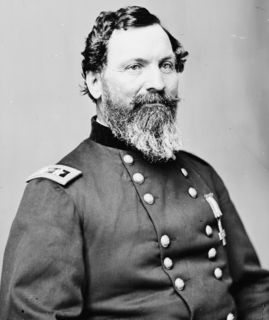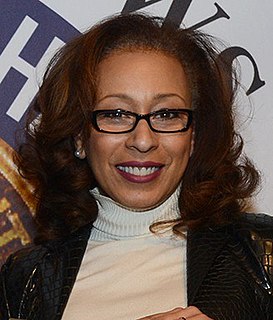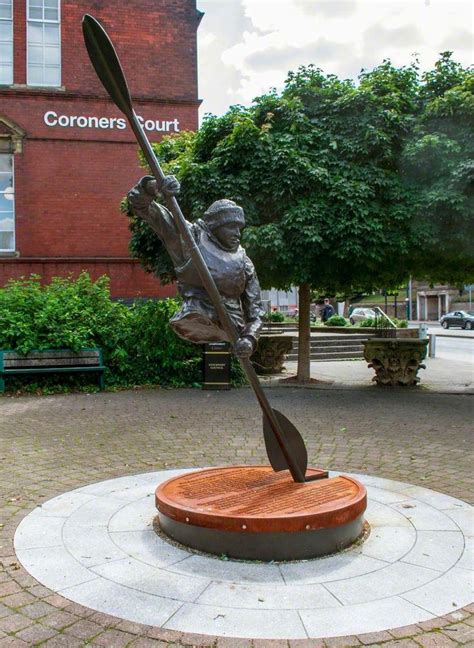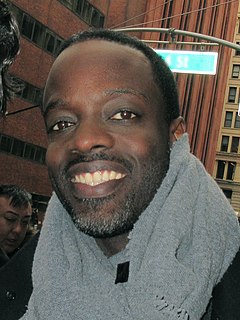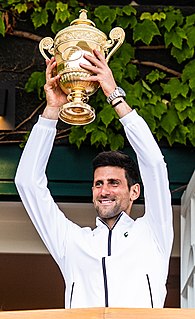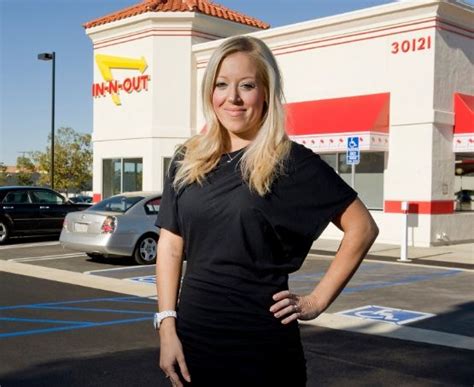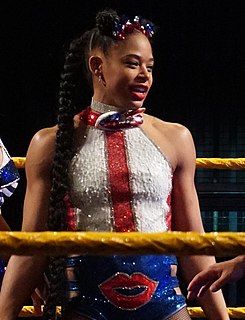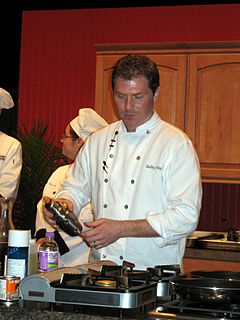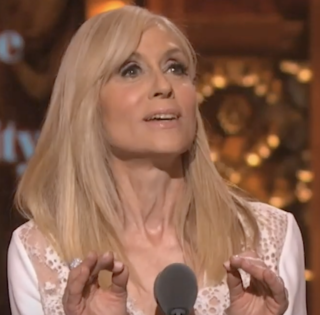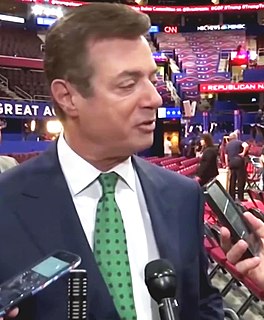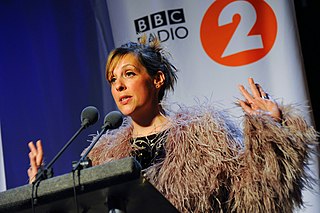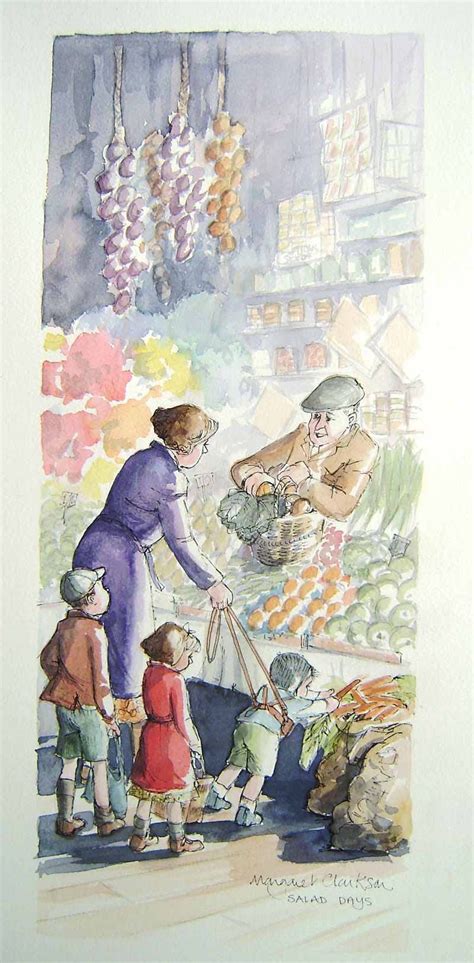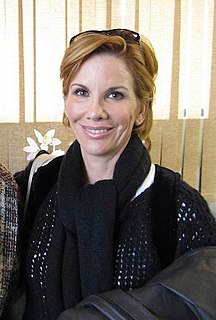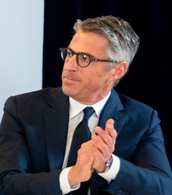Top 1200 Family History Quotes & Sayings
Explore popular Family History quotes.
Last updated on December 18, 2024.
The Greeks really believed in history. They believed that the past had consequences and that you might be punished for the sins of your father. America, and particularly New York, runs on the idea that history doesn't matter. There is no history. There is only the never-ending present. You don't even have your family because you moved here to get away from them, so even that idea of personal history has been cut at the knees.
I have to throw in on a personal note that I didn't like history when I was in high school. I didn't study history when I was in college, none at all, and only started to do graduate study when my children were going to graduate school. What first intrigued me was this desire to understand my family and put it in the context of American history. That makes history so appealing and so central to what I am trying to do.
The history of a city was like the history of a family—there is closeness and even affection, but death eventually separates everyone from each other. It is only the vividness of memory that keeps the dead alive forever; a writer’s job is to imagine everything so personally that the fiction is as vivid as our personal memories.
When I do an Asian character or an Asian voice I'm doing one because that's my heritage and my family and where I come from. My family is of Korean descent and specifically North Korean descent. So it makes sense for me to talk about that issue because it's the only weapon I have to somehow avenge my family and my history.
A writer represents his family history. My grandfather was a senator and my father served in the Roosevelt administration. In other words, I grew up in politics. This is why it seemed perfectly natural to take part in the battles of my time, and to participate in the writing of the history of my country.
I'm not sure I would make a direct connection between having press attention as a young person and being interested in the media as an older person. I came to it more organically, coming from a family of Irish Catholic storytellers. Storytelling is a pastime and important part of my family's history and culture.
If, in schools, we keep teaching that history is divided into American history and Chinese history and Russian history and Australian history, we're teaching kids that they are divided into tribes. And we're failing to teach them that we also, as human beings, share problems that we need to work together with.
It happens all the time! People are always talking about that explosive moment in their family history that sort of changed everything and rattled the cage, and more times than not it has nothing to do with trans issues. That's why people are relating to the show Transparent, because our family is their family and they understand that dynamic.
Having a son has made it all the more important for me to stay in close contact with my family in Texas and Arkansas, whom I know full well voted for Trump. Though I didn't, and have deep problems with this administration and many of them don't. But I'm not going to let that cut the tie from my son to his own history and family.
Malibu history is interesting to me. My mom's family was one of the early families in California, so there's history going back to the 1840s or '50s. They came over in the Gold Rush, actually. I have all this guilt about raising my daughter in the East. Coco's very anti-California. It's her way of rebelling.
My father describes himself as a Pole of Lithuanian descent. At Southampton University, he read aeronautical engineering and then the family moved to Hong Kong - this was before I was born - where he designed aeroplanes. Back in the U.K., he worked as a civil engineer, although every spare minute was spent researching his family's history.
History is a living horse laughing at a wooden horse. History is a wind blowing where it listeth. History is no sure thing to bet on. History is a box of tricks with a lost key. History is a labyrinth of doors with sliding panels, a book of ciphers with the code in a cave of the Saragossa sea. History says, if it pleases, Excuse me, I beg your pardon, it will never happen again if I can help it.
History is basically really looking back and finding out what happened to an individual, a community, a family, a group in a certain event. And so that's why I go, "Wow. That's what acting really is. You find out the background, you get the joy of creating a fictional history of a fictional character and you get to tell a story." So I felt that acting is making history come alive and it became my mode of trying to figure out what this craft of acting is really all about.
My grandfather was a Holocaust survivor and his life and history were very formative to myself and my family. The almost unimaginable dichotomy between the different eras of his life always crushed my brain on some level. That this guy who was shoveling carob chips out of a barrel and restocking yogurt popsicles could also have those numbers on his arm. It was an inconceivable juxtaposition. His experience was the main window for our family into any kind of social consciousness, or sense of history, or politics, even though a lot of it went unsaid.
My mother, whom I love dearly, has continually revised my life story within the context of a complicated family history that includes more than the usual share of divorce, step-children, dysfunction, and obfuscation. I've spent most of my adult life attempting to deconstruct that history and separate fact from fiction.
I was willing to accept a bad reputation if I deserved it, but it was going to be based on my actions, not on anybody's history. I'm not running from my family - I couldn't embrace my family more. But I wanted to work in an industry where I could define myself, not be defined by my grandfather's history.
You take somebody - one person has definitely got autism, you got another person that maybe has some of those traits and maybe there's some anxiety, depression, some epilepsy or something in the family history. Put them together, you're more likely to have a severely autistic kid than if you don't have any neurological problems in the family history.


